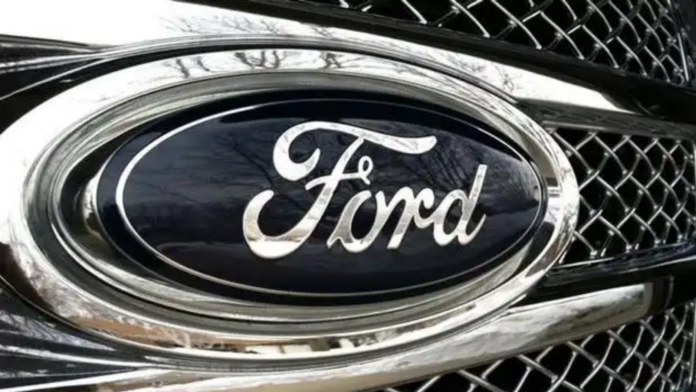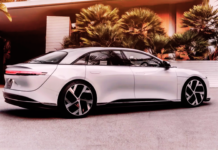In a decisive move to supercharge its electric vehicle (EV) capabilities, Ford has recently sealed a deal to acquire Auto Motive Power, commonly known as AMP, enhancing its repertoire in charging infrastructure, battery management, and power conversion technologies. The terms of the deal have been kept under wraps, but it’s clear that this acquisition is a strategic play by Ford to position itself as a leader in the EV space.
AMP, a once enigmatic player in the energy sector, touted itself as a linchpin for “most of the world’s top electric OEMs.” Despite keeping its clientele under wraps, its influence on the market was poised to be significant. Now, as Ford integrates AMP’s assets, the Los Angeles-based energy firm as we know it will dissolve, leaving a legacy that Ford hopes to build upon.
The core of this acquisition lies in Ford’s strategic plans for EV domination. A Ford spokesperson, Emma Bergg, shared that they are eager to onboard AMP’s technologies and expertise, particularly their Santa Fe Springs facility, to bolster Ford’s EV advancements.
Since its inception in 2017, AMP has raised a respectable $26.5 million and has attracted a skilled team of around 149 professionals, based on data from PitchBook. AMP’s ambitions were not limited to electric vehicles alone; their portfolio included power management solutions for a range of applications, from self-driving rideshare services to aerial drones and even cutting-edge hyperloop transportation.
In what appears to be a reunion of former colleagues, AMP founder Anil Paryani is set to rejoin forces with Alan Clarke, Ford’s EV development lead within the Model e unit. Both Paryani and Clarke are ex-Tesla engineers, and their past collaboration could signal a renewed synergy under Ford’s ambitious EV umbrella.
While the majority of AMP’s team will transition to Ford, there are notable exceptions, such as AMP’s COO Lionel Selwood Jr., who seems to be pursuing other opportunities, according to his LinkedIn activity.
Paryani himself expressed exhilaration about the merger, anticipating that the team will “help accelerate EV adoption” with the support of Ford’s manufacturing prowess. This enthusiasm is echoed by Bergg, who emphasized Ford’s commitment to not just advancing EV adoption, but also enhancing the overall charging experience for consumers.
Ford’s approach is not just about assimilating technology; it’s about marrying AMP’s innovative energy solutions with Ford’s established industry presence. With the backing of lead investors like Marco Marinucci of Hella Ventures, Alex Moore at 8VC, and Josh Grehan of Helios Climate Ventures, AMP’s technologies were recognized as pivotal in advancing eco-friendly transportation.
The acquisition of AMP by Ford marks a significant chapter in the automotive industry. It underscores the larger narrative of legacy automakers reinventing themselves in the face of a rapidly evolving market where electrification, sustainability, and innovation are not just buzzwords, but prerequisites for future success.
As Ford embraces AMP’s innovative spirit and technical prowess, the industry watches with anticipation. This move could very well be the catalyst Ford needs to deliver on the promise of an electrified future, and it sends a powerful message to the market: Ford is not just adapting to the EV revolution; it’s striving to lead it.
This acquisition promises to invigorate Ford’s EV initiatives with a fresh influx of talent and technology, potentially transforming the landscape of electric mobility. It’s a clear signal that Ford is charging full speed ahead in the race to electrify, with the aim of delivering vehicles that are not only environmentally friendly but are equipped with the most sophisticated and reliable technology available.
As Ford integrates AMP’s technologies into its fold, the ripple effect of this acquisition will likely be felt throughout the industry, setting a precedent for how traditional automakers can innovate and adapt through strategic partnerships and acquisitions. In the end, it could mean a more dynamic market and, for consumers, an accelerated path to a future dominated by electric vehicles.












